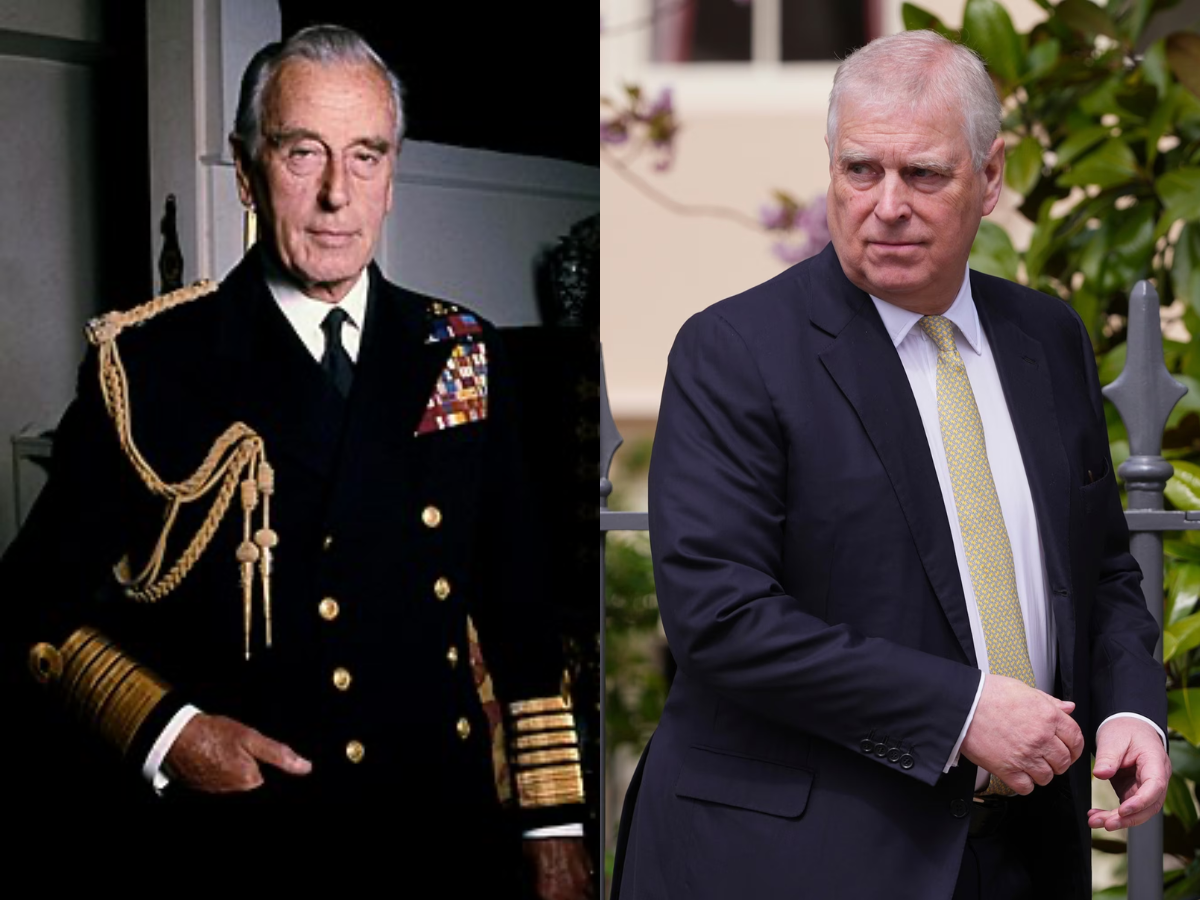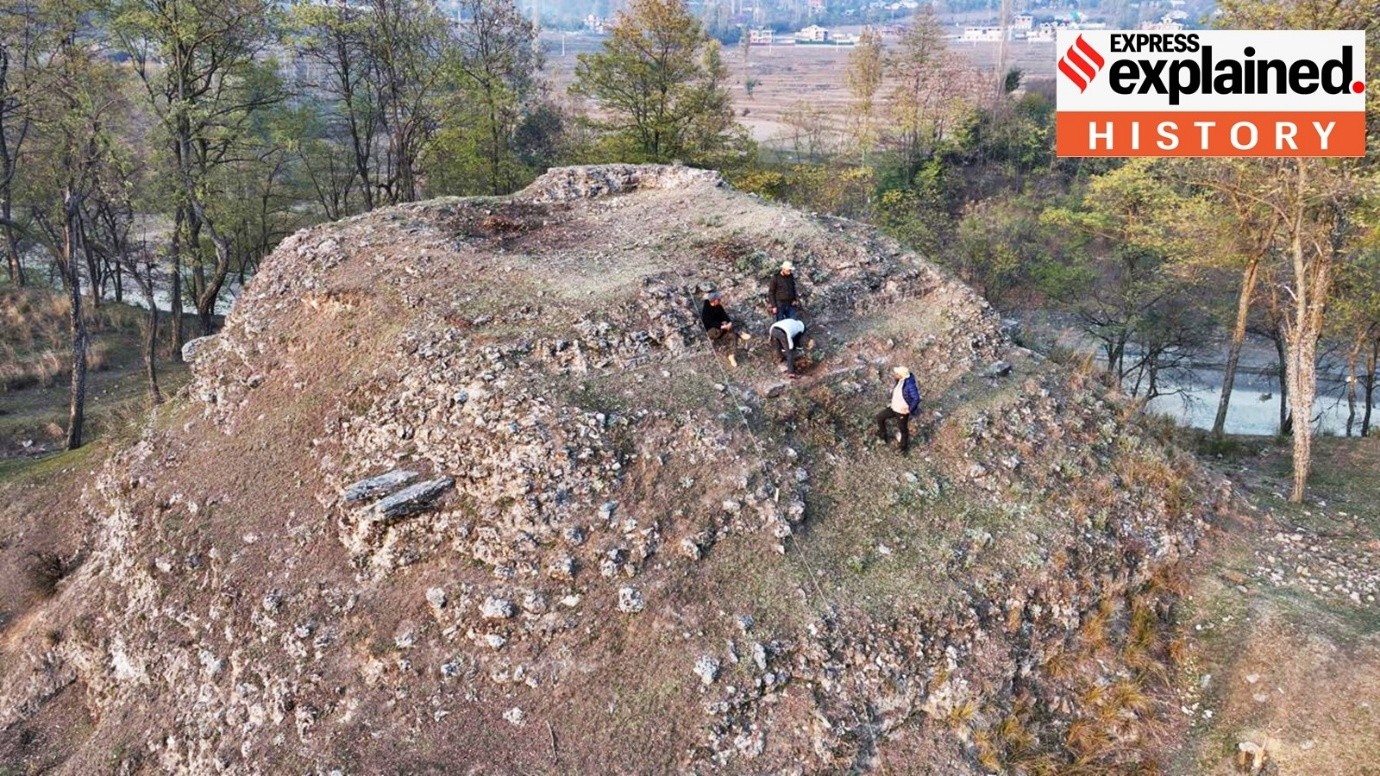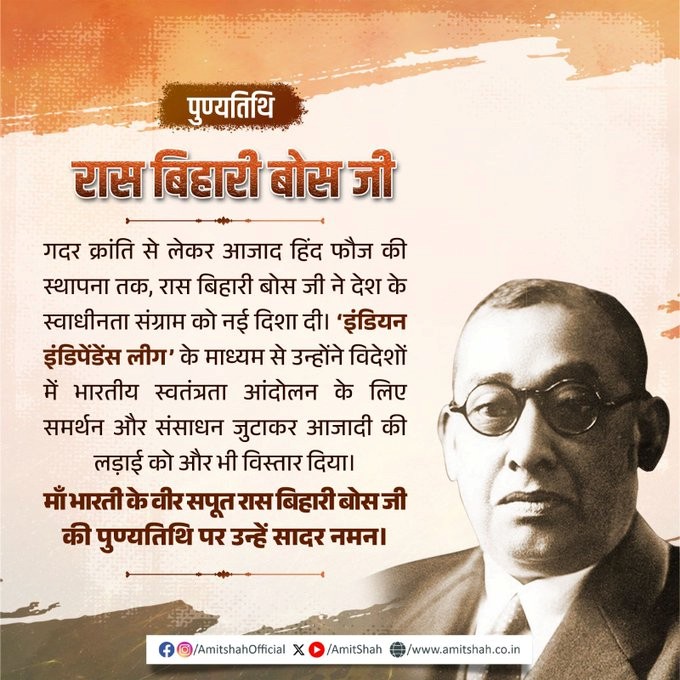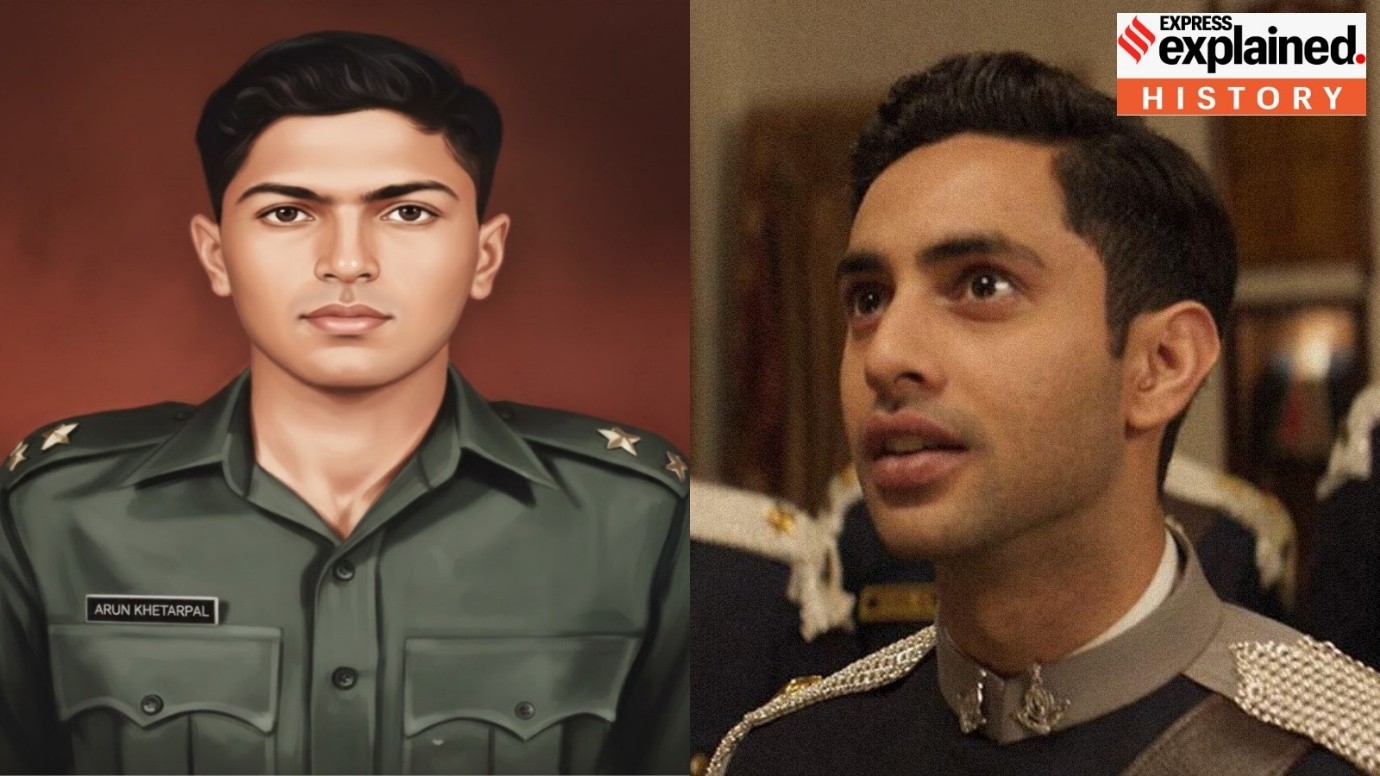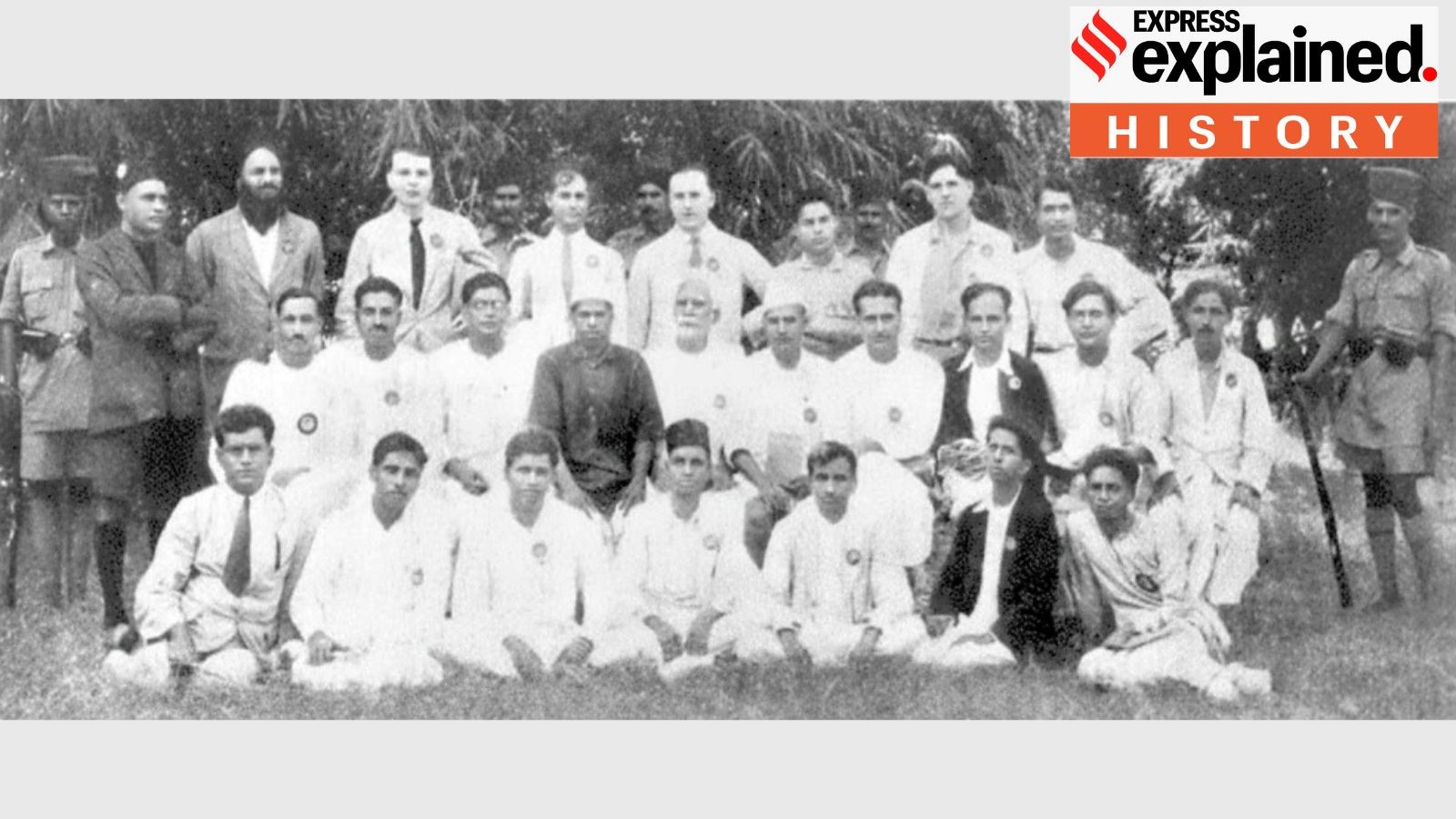Description
GS PAPER 1: Modern Indian history from about the middle of the eighteenth century until the present- significant events, personalities, issues.
Context: Governor of Andhra Pradesh paid tributes to Mahatma Jyotiba Phule on the occasion of his 195th birth anniversary.
About Mahatma Jyotiba Phule:
- He was the first to establish an orphanage for the underprivileged.
- He was an Indian social activist, thinker, anti-caste social reformer and writer from Maharashtra.
- His work extended to many fields, including eradication of untouchability and the caste system and for his efforts in educating women and exploited caste people.
- He and his wife, Savitribai Phule, were pioneers of women's education in India.
- Phule started his first school for girls in 1848 in Pune at Tatyasaheb Bhide's residence or Bhidewada.
- People from all religions and castes could become a part of this association, which worked for the upliftment of the oppressed classes.
- Phule is regarded as an important figure in the social reform movement in Maharashtra.
- He was bestowed with honorific Mahātmā title by Maharashtrian social activist Vithalrao Krishnaji Vandekar in 1888.
- Phule's social activism included many fields, including eradication of untouchability and the caste system, education of women and the Dalits, and welfare of downtrodden women.
- On 24 September 1873, Phule formed Satyashodhak Samaj to focus on rights of depressed groups such women, the Shudra, and the Dalit.
- Through this the samaj he opposed idolatry and denounced the caste system.
- Satyashodhak Samaj campaigned for the spread of rational thinking and rejected the need for priests.
- A Pune-based newspaper, Deenbandhu, provided the voice for the views of the Samaj.
https://www.thehindu.com/news/cities/Vijayawada/governor-cm-pay-tributes-to-jyotiba-phule/article34299132.ece




